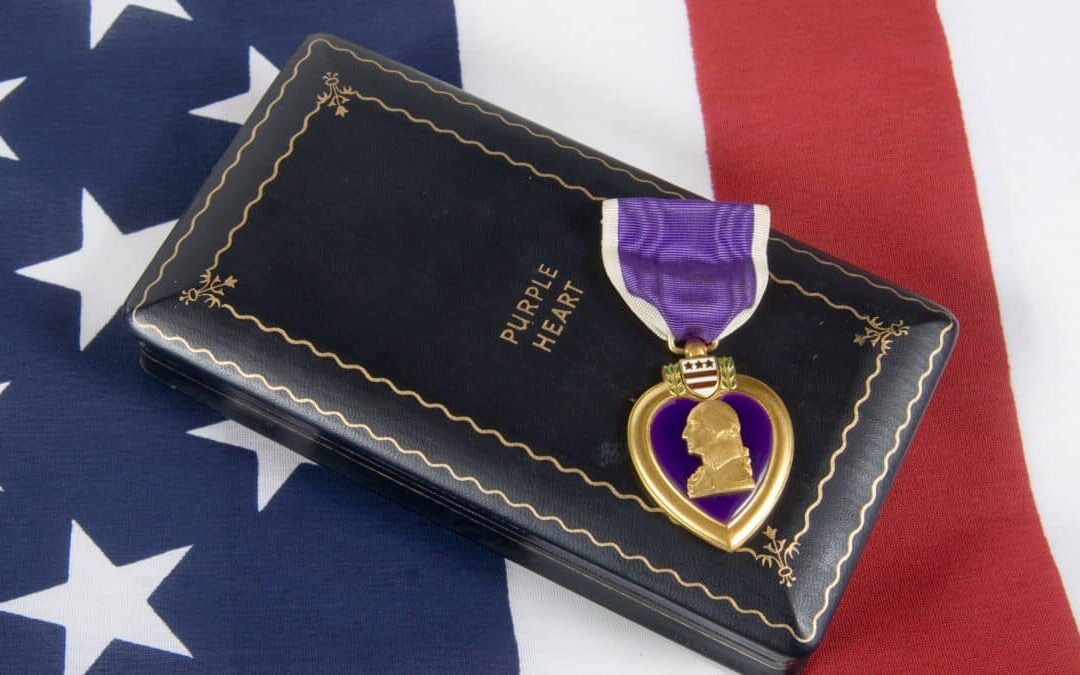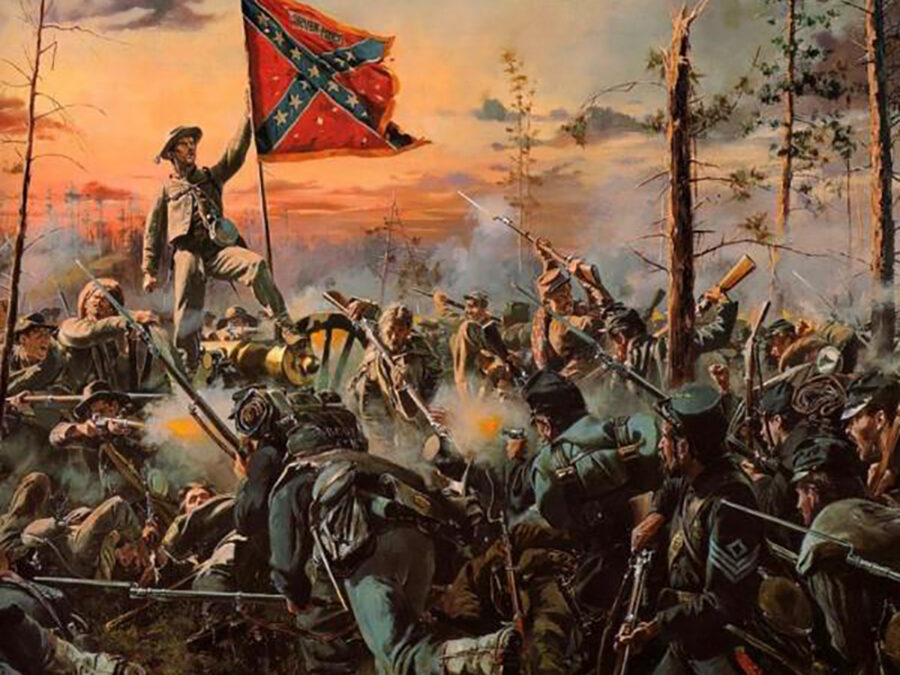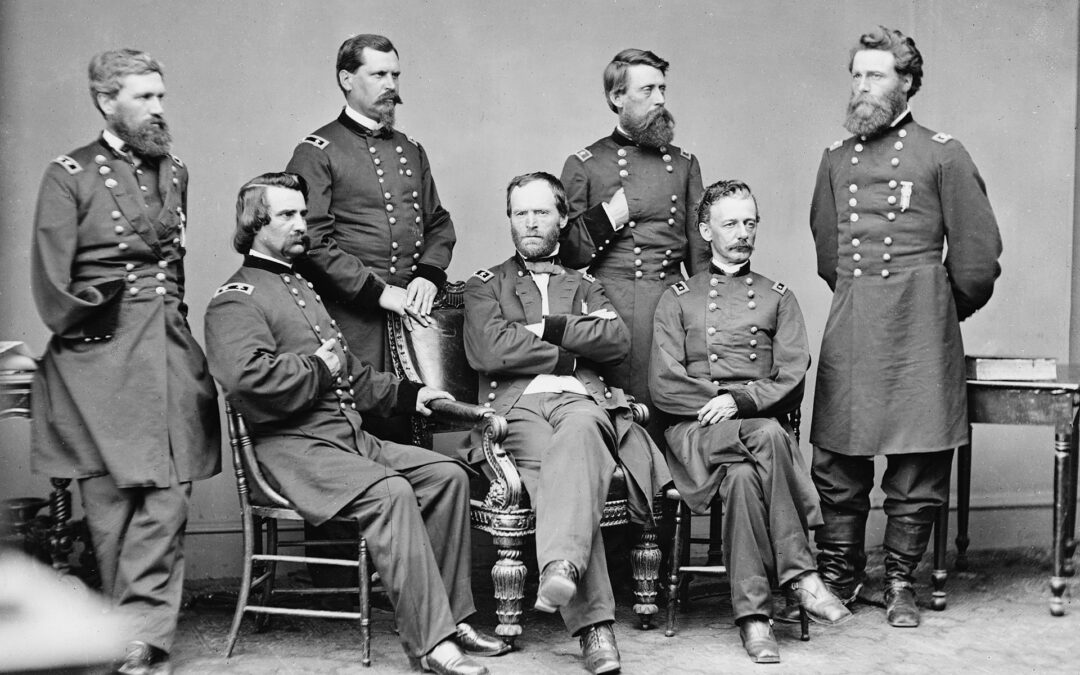It might come as a surprise to many, but the United States did not offer its troops medals or ribbons as uniform decorations until the Medal of Honor was introduced by President Lincoln during the Civil War. It was only offered to enlisted troops in July 1862, but by December, it was made available to officers who displayed exceptional gallantry. Until that point in U.S. military history, military medals were more of a European tradition. Medals and ribbons were seen as a custom...


